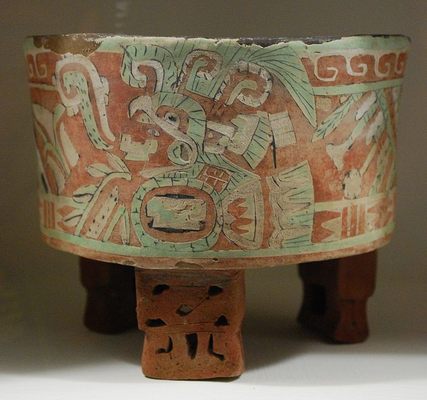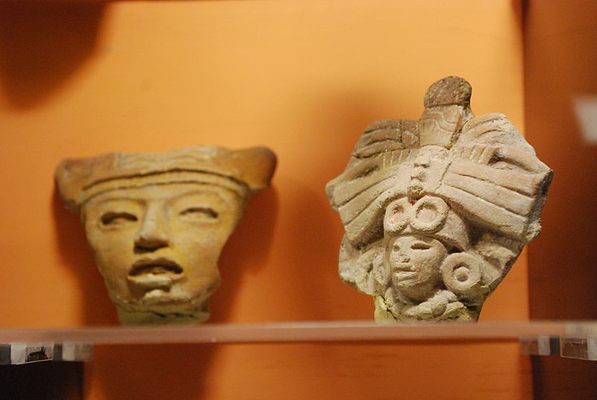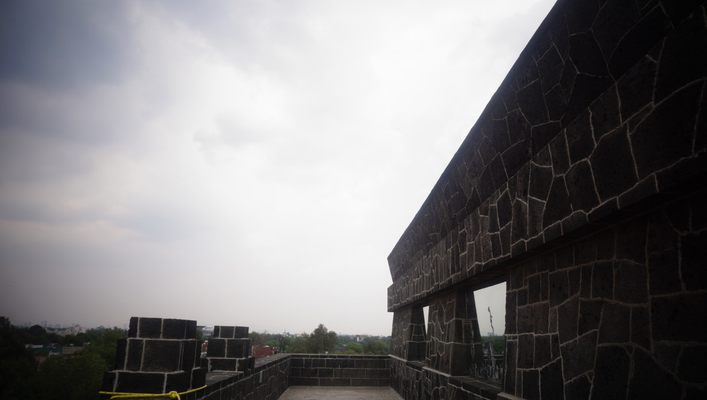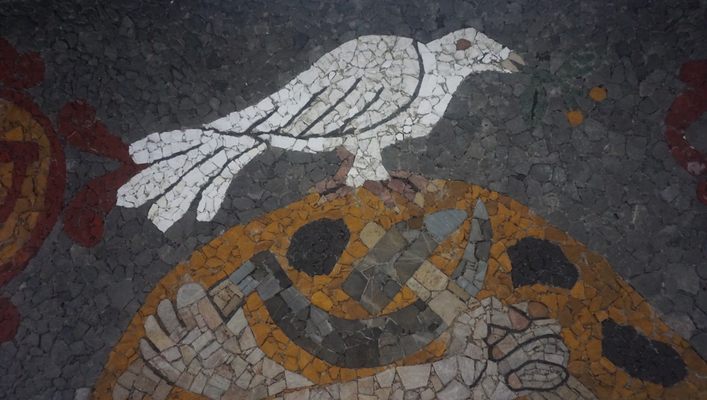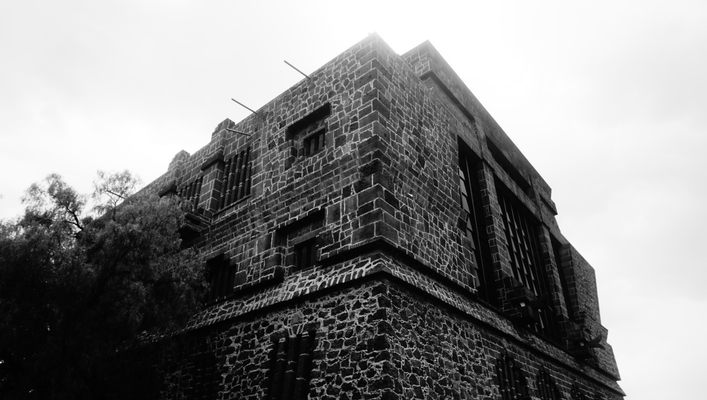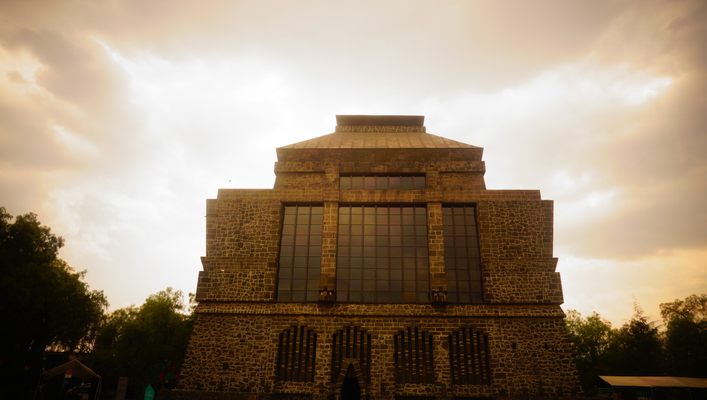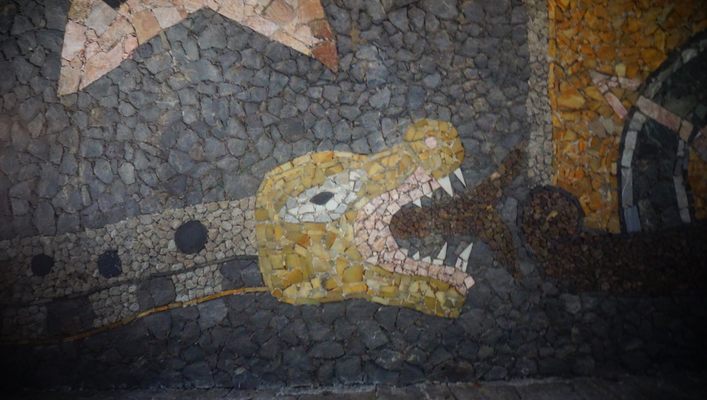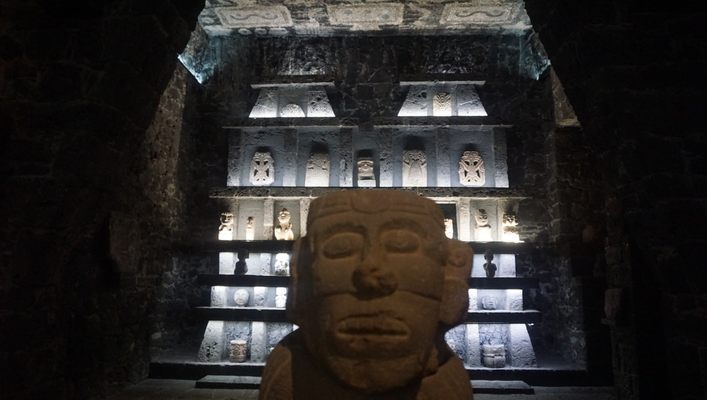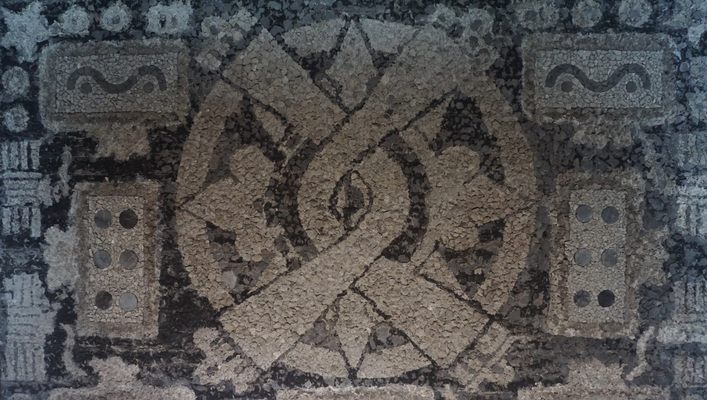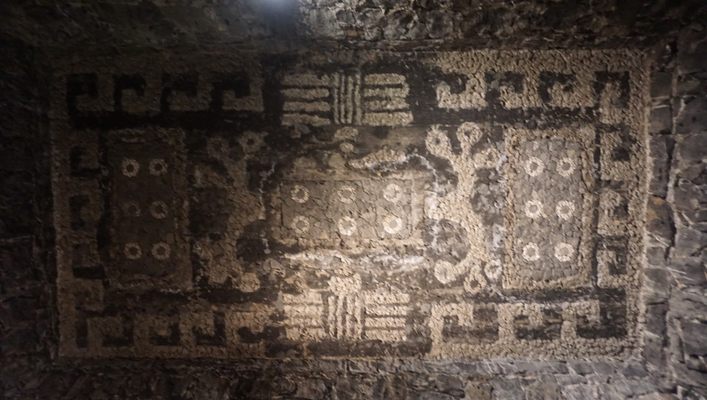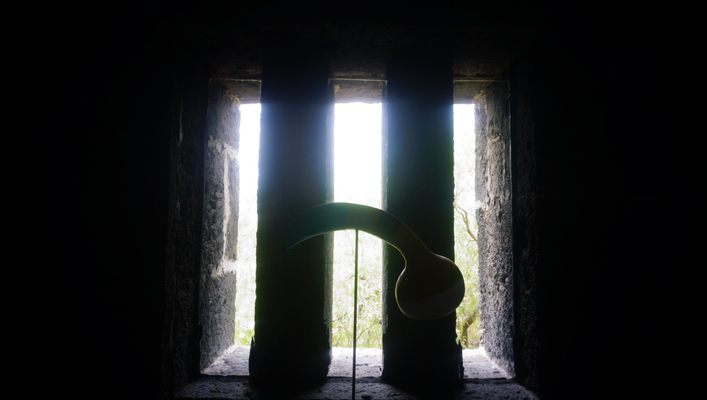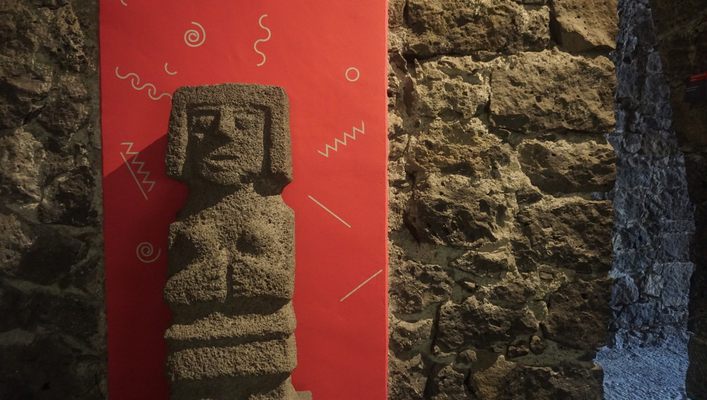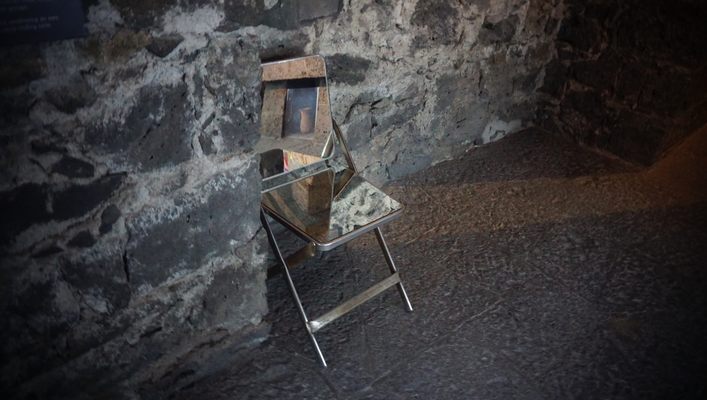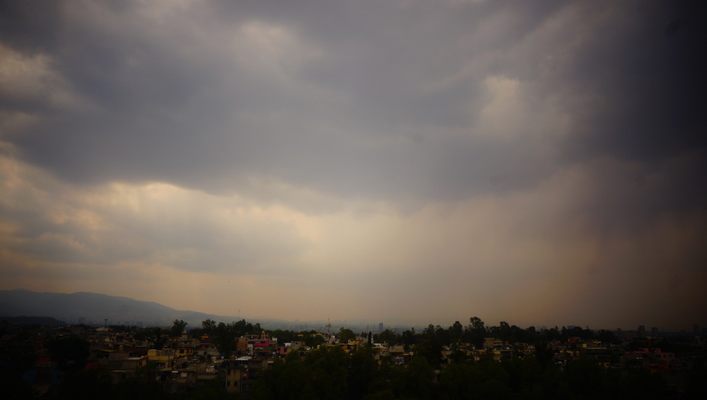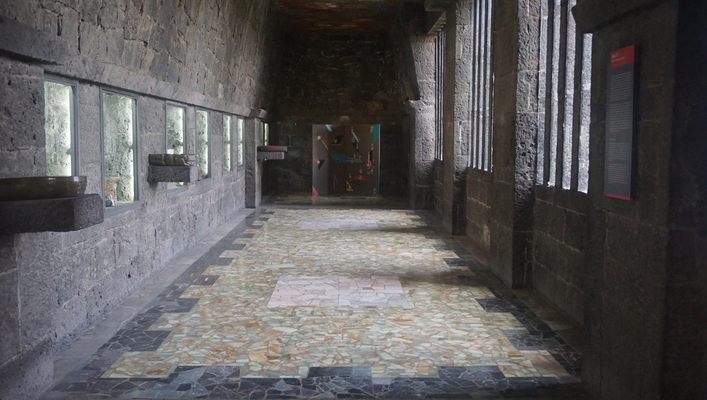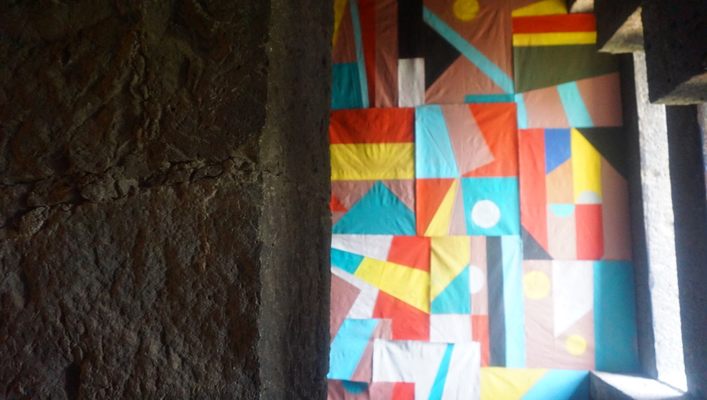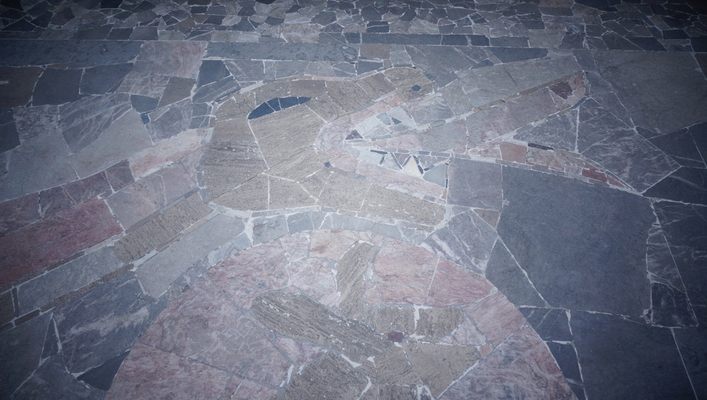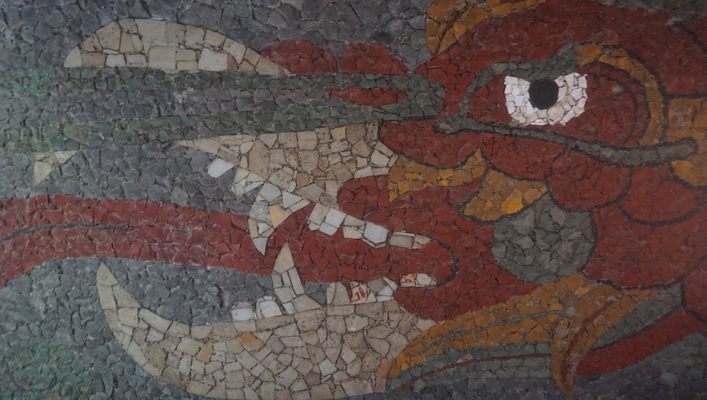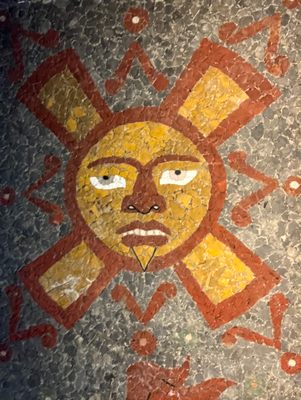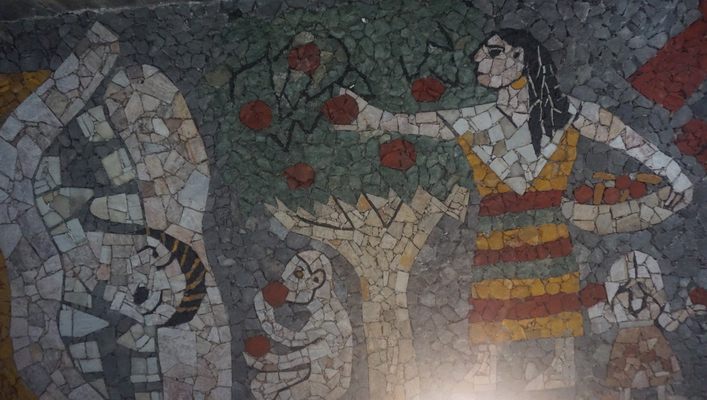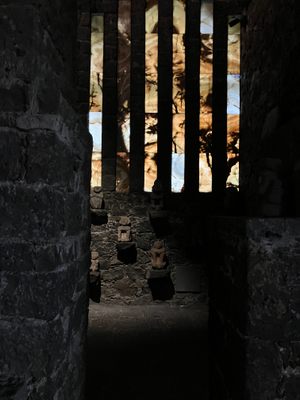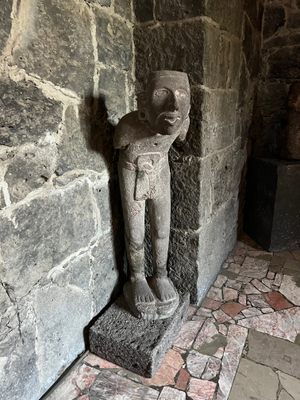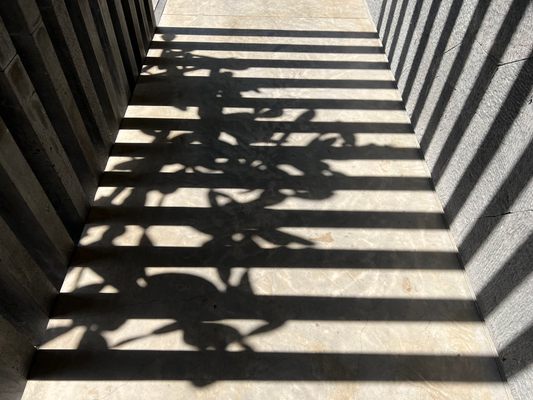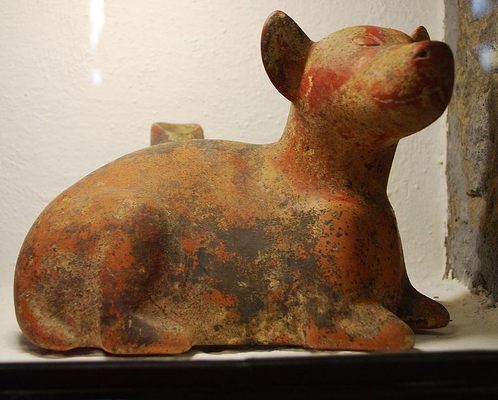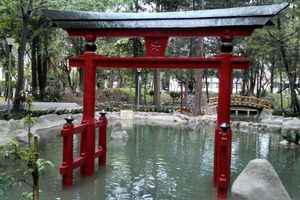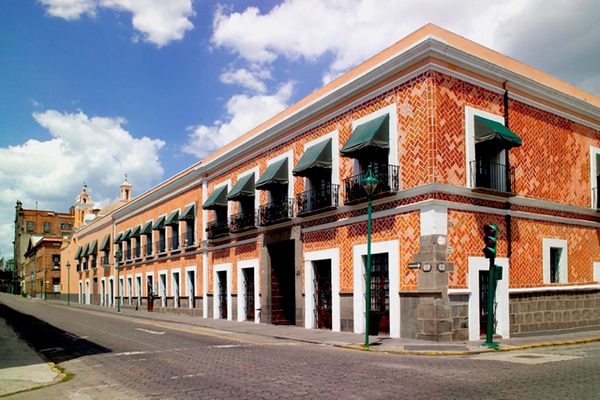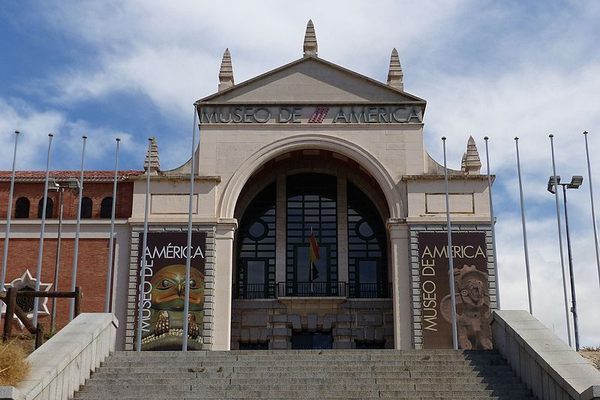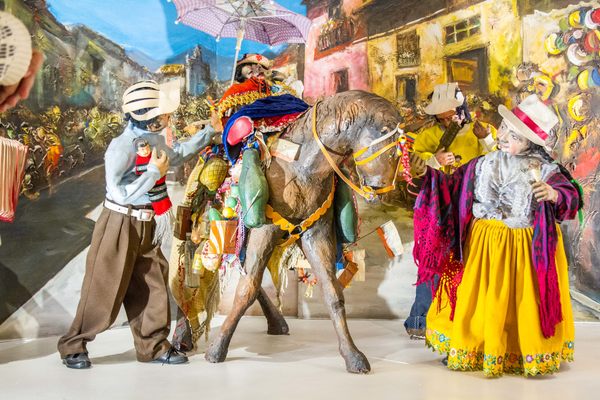About
Diego Rivera, the famous Mexican muralist, was also an obsessive collector of pre-Hispanic artifacts during his life, and by the time of his death he had amassed over 50,000 ancient objects. Rivera often sought artistic inspiration for his murals from these pieces, and indeed his greatest artwork often portrays scenes from pre-Hispanic history that reveal the reverence and curiosity he felt toward the past.
For decades, Rivera and his wife, fellow artist Frida Kahlo, had planned to build a museum where the Mexican public could visit and contemplate their collection. Unfortunately, due to other commitments and ill health, Rivera's dream never came to fruition during his lifetime. When he died in 1957, his daughter Ruth collaborated with the Mexican architect Juan O'Gorman in order to fulfill the artist's wishes.
The museum building itself was designed according to Mesoamerican principles of architecture and is meant to symbolize a pyramid. Several elements of the exterior are built in the Teotihuacan style, while aspects of the interior were inspired by Mayan temples and in reference to the Aztec pyramids, using a black volcanic stone common to the valley of Mexico. The overall aesthetic of this strange building is a bewildering hybrid of the ancient with the futuristic. It has an almost sinister, monolithic appearance, housed in a building that looks like a mix between an Aztec pyramid and a dystopian secret police headquarters.
Though the museum is too-often overlooked by Rivera and Kahlo fans in Mexico City, its galleries showcase hundreds of interesting artifacts from all of Mesoamerica's great civilizations, including the Zapotecs, Mayas, Aztecs, Olmecs, and Toltecs. You will also see many mosaics on the walls, based on Rivera's original designs, that depict the gods and goddesses of the pre-Hispanic cosmovision.
Related Tags
Know Before You Go
The museum is open from Tuesday to Sunday from 11 a.m. to 5:30 p.m. The entrance fee is 90 pesos for general admission or 70 pesos for Mexican nationals. By public transport, take a train from any of the Xochimilco light-rail stations to Nezahuapilli station.
Yucatan Family Adventure: Meteors, Pyramids & Maya Legends
Explore Maya temples and learn about the asteroid that wiped out the dinosaurs.
Book NowCommunity Contributors
Added By
Published
December 21, 2018






